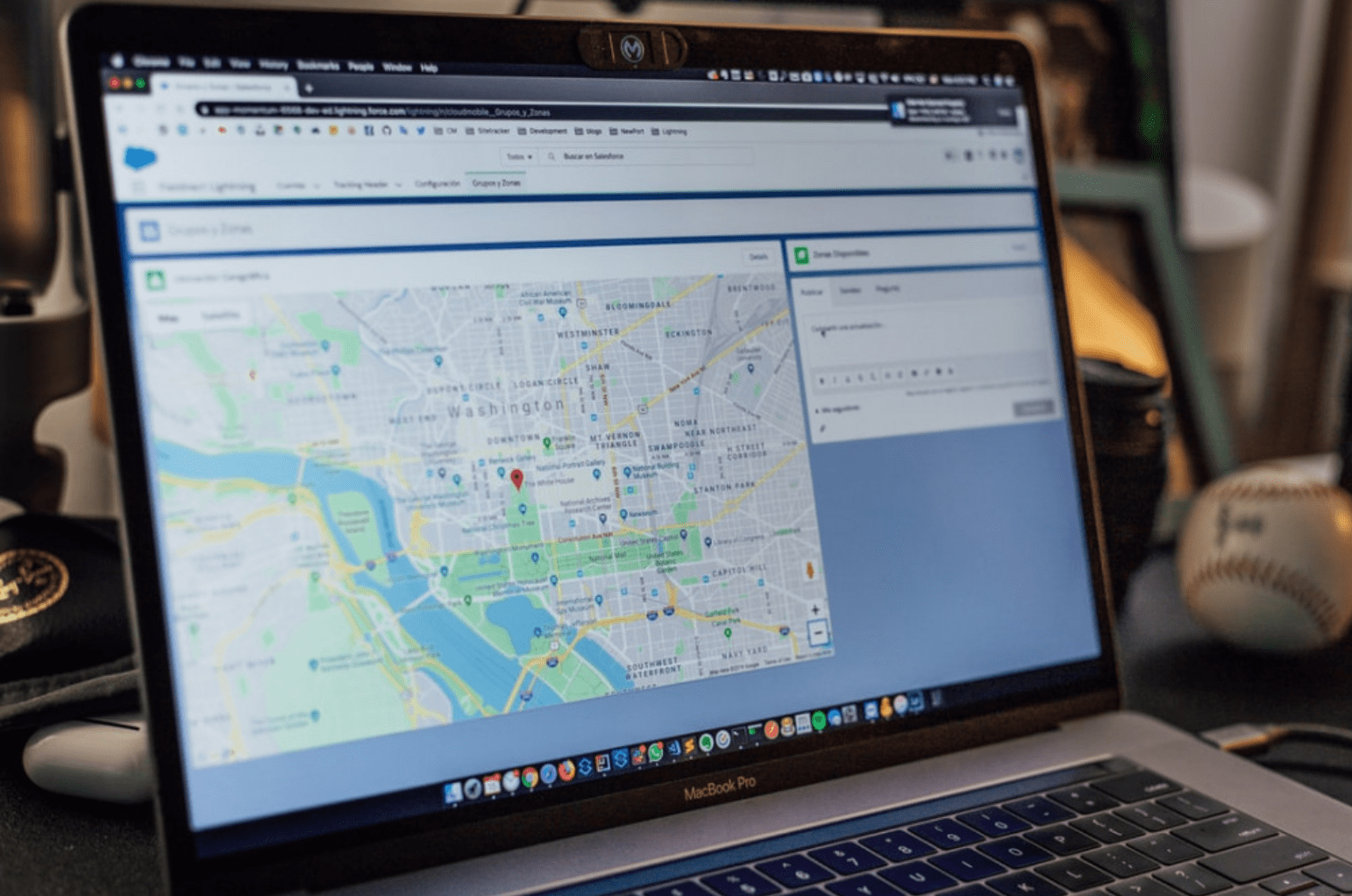Sometimes people have a car that they aren’t using. It may not be running, or they may be planning to sell it in the future. When you register a car and has a license plate, you have to pay fees and insurance on it. Some people turn in the plates, drop the insurance, and park it on their own private property to save money.
Whether or not this is legal depends on your state laws. Some states allow one car as long as it isn’t a hazard, while others require that any car be registered as long as you own it. In addition, there may be laws about how many unregistered cars you can own, or you might have to store it inside of an enclosure, such as a garage.
The best way to find out is to check your state and local laws. Continue reading to learn more.
Can an Unregistered Car Be Parked on Private Property?
To answer this question, you need to know your state’s laws. Most of the time, you can park an unregistered vehicle on property that you own, as long as you don’t operate it.
Unfortunately, knowing your state law is not sufficient. You also need to check with the county and town where you live.
Why? Your state may allow it, but your county or town may not.
In addition, if you are a member of a homeowner’s association (HOA), your HOA Bylaws or Covenants, Conditions & Restrictions (CC&R) may also have restrictions that may not allow you to park an unregistered car on your property.
Most states do not allow you to park an unregistered car on the street in front of your home. This is normally public property and all cars parked on it should be registered and insured.
Most of the time, you can park an unregistered car on your property as long as it is out of sight. Some counties require that you store unregistered vehicles in an enclosed space, such as a garage.
Where Can You Park an Unregistered Car?
Most of the time, you can park an unregistered car in a private yard, a private driveway, or in a storage facility.
However, you generally can’t park it in a location where other cars come and go.
It is less a matter of whether or not it is public property, as you can’t park your unregistered card in a private parking lot where cars enter and exit throughout the day.
Some states have strict rules about where you can park an unregistered car. Some places go even further, such as New York City.
They are trying to pass a law that out-of-state registered vehicles aren’t allowed to park on the street.
The best way to make sure that you can park your unregistered car is to find out specifically what the laws are in your location.
To learn more you can read the blog post about where can you park an unregistered car.
What Happens If You Park an Unregistered Car on the Street?
If you park an unregistered car in any public area, whether on the street or in a parking lot, it will likely be towed.
They are considered abandoned vehicles, and people get annoyed when they take up parking spots. They can also be unattractive, and it is a violation of the law in most places.
If your vehicle is towed, you will have to pay a ticket and an impound fee. You may not be able to retrieve it unless you register it, which also requires insurance.
You may also find that this is the case in a private parking place for an apartment complex. Even though it is private property, it is considered a parking lot where cars come and go.
Your car may be towed, and you will have to pay the fine and the impound fee to get it back.
On a separate topic, how would you feel if police sat on your private property and radar gun people?
Conclusion
If you have a car that isn’t working or that you aren’t using, you need to check your state laws to find out whether you can park it on your private property.
Sometimes you can keep them on your property as long as they are completely off the public road. Other times, you might be required to keep them in a garage or another enclosed structure.
You are never allowed to keep a car on a public road unless it is registered and insured. If you do, it will likely be towed.
Related Posts:




I have two vehicles a car and truck both are not registered and parked in front of the RV I have lived in for 8urs now in Texas. Never have I had a problem with my vehicles being towed and both are not running and I work on them when I have the money to put into them. I may sell them at some point after the repairs. I’m disabled and on a fixed income and it takes time to for me to do the repairs myself.
I have a vehicle parked on my driveway, and the state criminally charged me with not having a construction permit for my vehicle, and the PA Supreme Court upheld that saying you need to get a construction permit each time you park on your driveway. When I asked where do I get such a permit, I was told to figure it out myself. Now the state wants to fine and seize my vehicle, and its on a lease. What can you do?
I live in norfolk va was bit by a spider and was in hospital i own my home and pay taxes on it got out of the hospital to find my volkswagon that was in my driveway without tags on it was towed this is private property as far as im concerned it should be my rite to own a perfectly fine car nothing wrong with it even looks good and keep it in my driveway without giving the state fees to register it now it has been gone so long it would cost me a 1,000.00 to get it back where is our rights as home owners they stold my car leagally according to them i would like to find a lawyer that would go up against the city all the way to the highest court .Don’t know how they can make it leagal to steal peoples cars and nothinmg we can do about it!!!!!!!!!!!!!
I’m truly sorry to hear about your experience, especially coming after a hospital stay. Your situation sounds incredibly frustrating. It’s important to recognize the nuances of local laws and regulations regarding unregistered vehicles, even on private property. If you’re seeking legal advice, I’d recommend consulting with a local attorney who specializes in property or vehicle regulations. They’ll be best suited to guide you on the appropriate steps to take based on your specific circumstances and local laws. I hope you can find a resolution soon. Stay strong and best of luck!